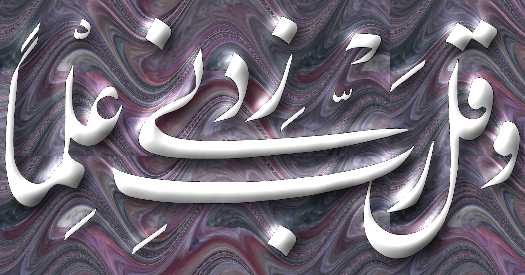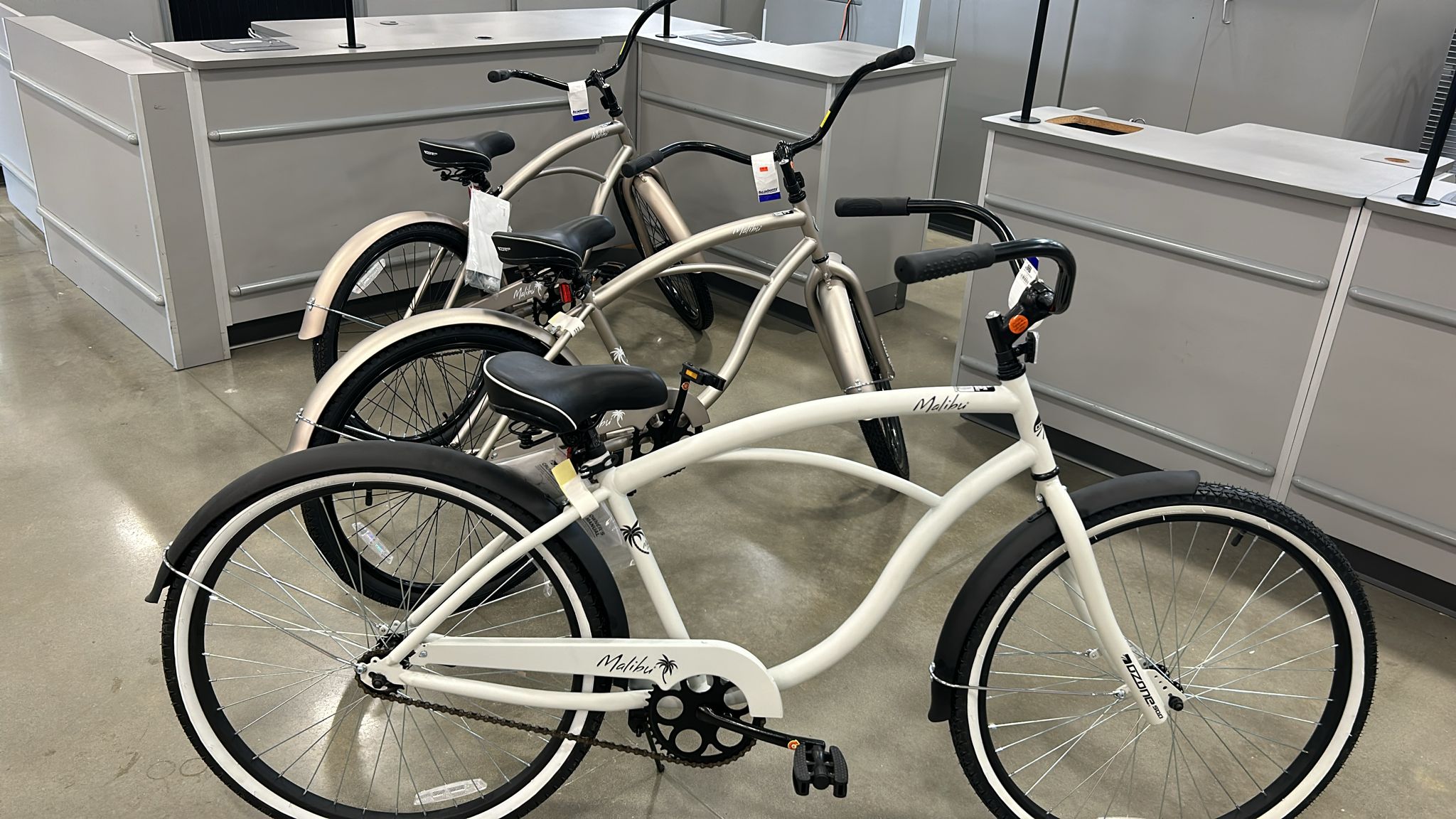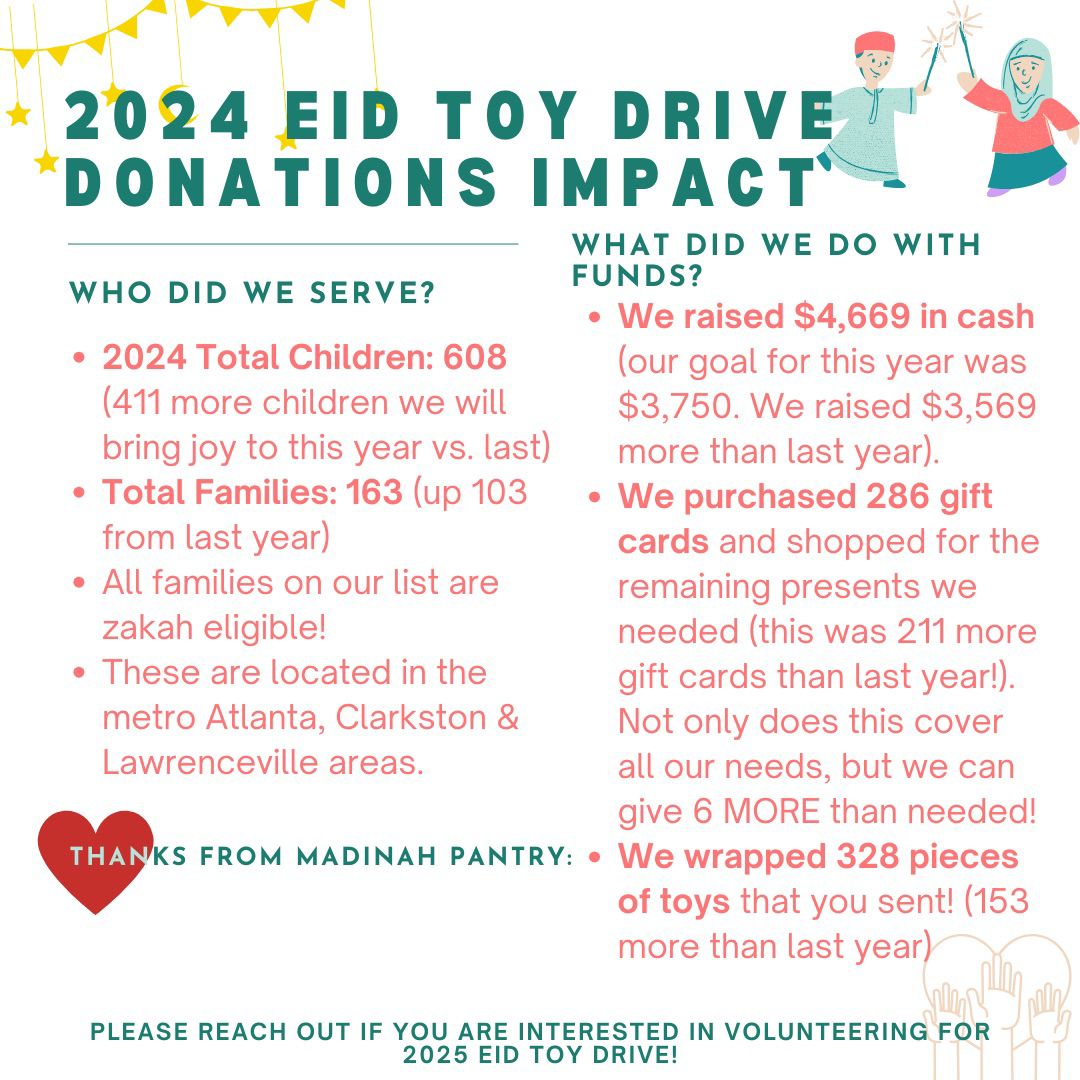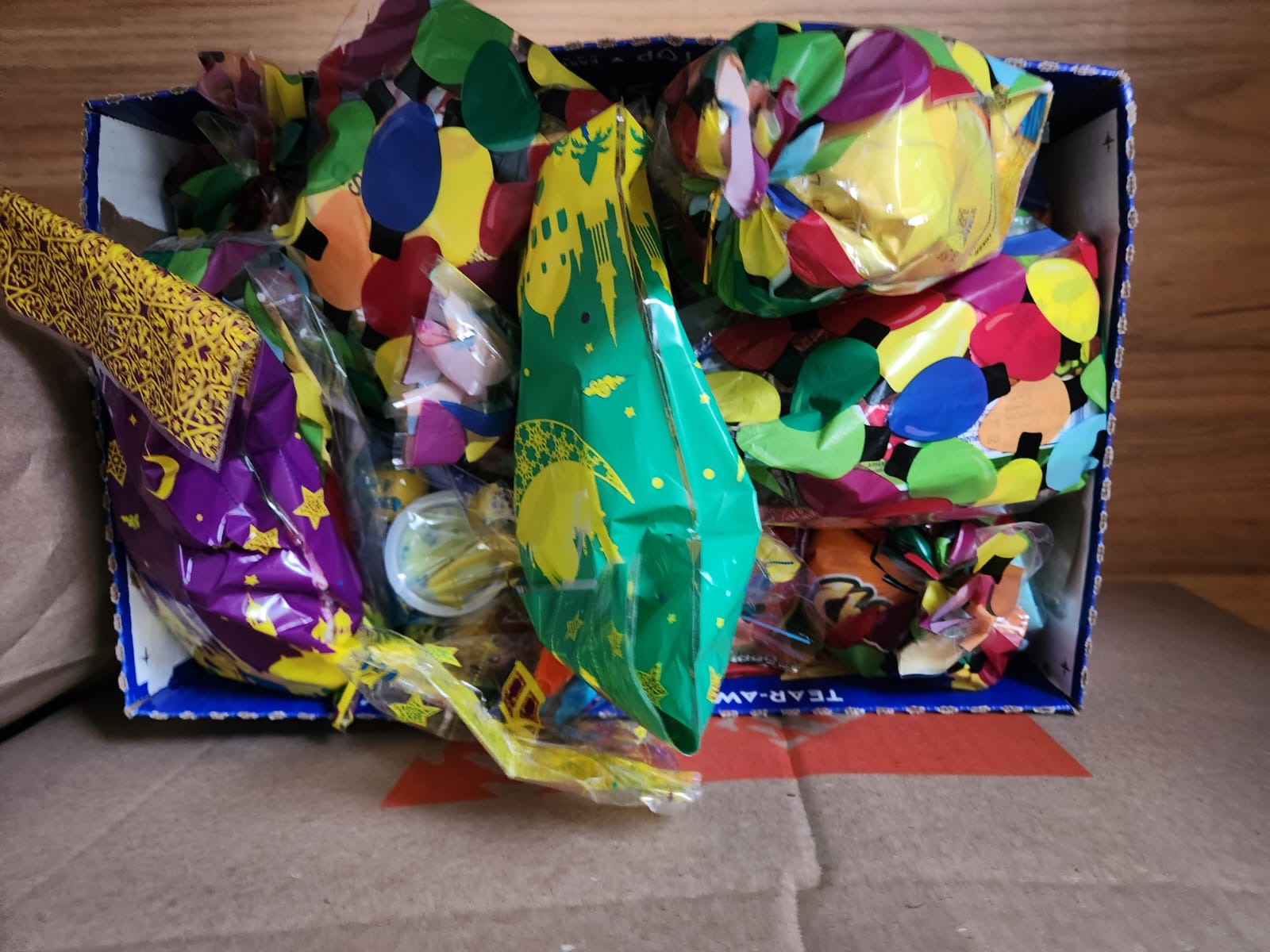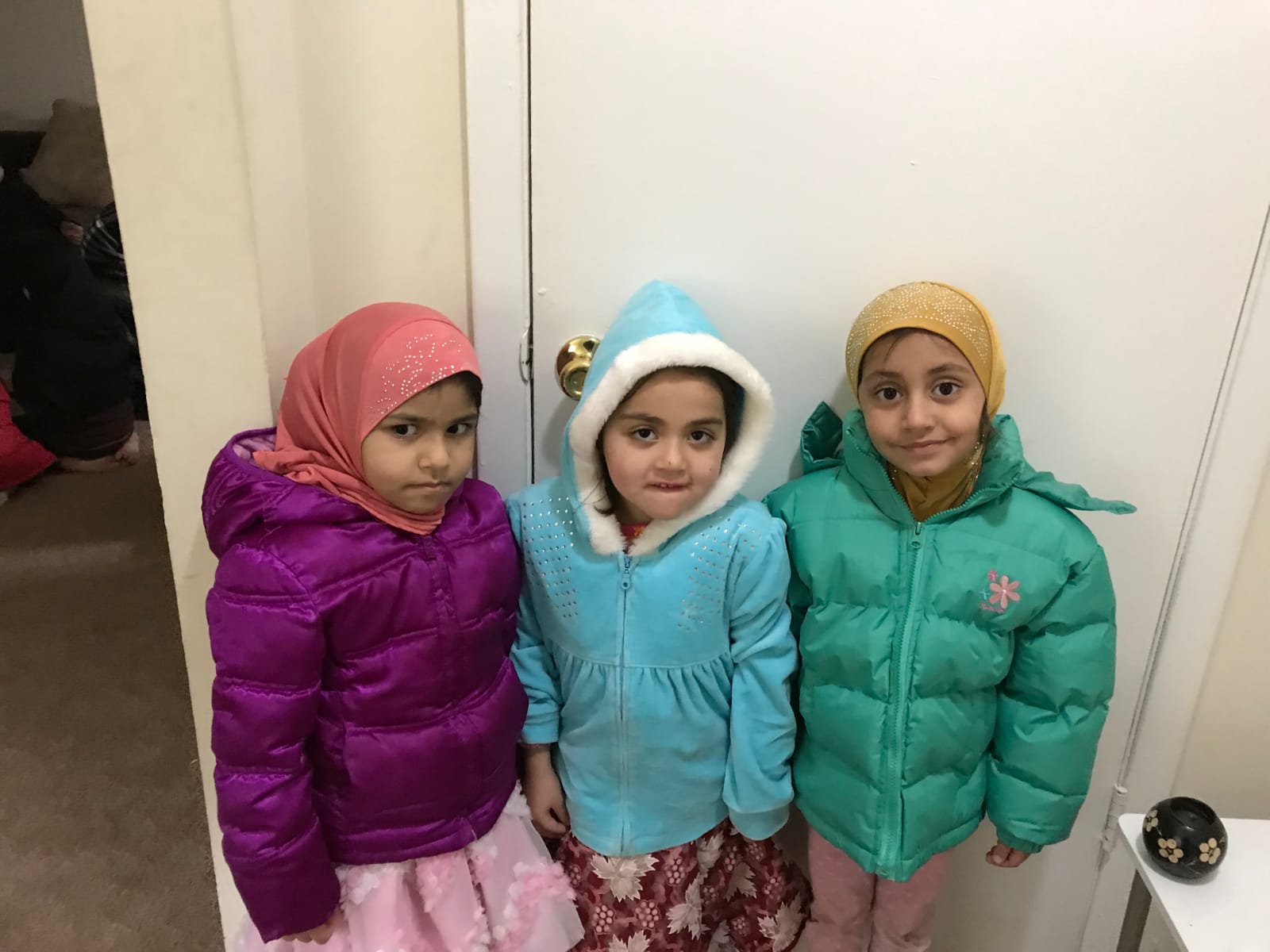It is very important in considering the education of our students to create our own philosophy of education and design our own curriculums to fit the needs of our particular students. As educators we need to develop a personal education plan for our students allowing for individual differences, interests and learning styles that each student possesses. Further, there is a dire need to examine how we have been conditioned by our own “schooling” in our approaches to the education of our students. Our own experiences, particularly those of us who were conditioned and indoctrinated by public school standards and curriculums, have affected us all and shaped our thinking in more ways than we may realize. It is never too late to make changes and look critically at our own attitudes and methods so that our students will grow up to be creative, imaginative and critical thinking adults who will be the future leaders, trend setters and change agents.
It is crucial for educators to stay current and well-informed on community events and programs as well as alternative ways of learning that they can explore to better serve the educational needs of their students. Support can also come from different teachers sharing information and concerns as well as brainstorming for better, more effective ways of utilizing time and teaching of various subjects. Teaching can be approached by us as either an art form or as a rigid set of methods and techniques to be followed methodically irrespective of the individual nature and abilities of each child. There is no one size all fits curriculum, as many of us have more than likely experienced in our own education. It is important to consider that each student learns at their own pace, in their own way not according to specific, rigid time tables. All of us come to the classroom whether traditional or online with many of the “lessons” we have learned in life which is learned “outside” of the classroom and schools. With every communication, verbal or non-verbal, there is learning. In our everyday experiences we continuously learn skills such as estimating, measuring, time management, etc…. without ever thinking about it as a “lesson” to be learned.
Education is truly an art, therefore, for each person it takes on a different form and purpose. It can never be the same for any two people, not in how they process information, nor are any two people the same in their interests and abilities. It is also important to reflect on the issue of standardization in education. There is nothing standardized about learning or even predictable for that matter. Education is the potential to transform society in that the learner is an “active” participant committed to self and social empowerment. Furthermore, education or learning implies what we do daily, whether we are alone or communicating with others through our own experiences, whereas schooling implies being confined to a building or place during specific hours during the day for the purpose of learning academics.
There is a multitude of ways that all of us learn daily and the idea that we need to be confined in a building or school or home setting for a certain amount of hours on specific days is being seriously challenged by educators, parents, and those people dedicated to school reforms throughout this country. Education is a path to career and progress. Prior to the onset of compulsory schooling in the 19th century, much of what children learned was done so informally, by talking, observing, and working alongside those with greater knowledge, experience and expertise. Informal education on the surface appears to be “incidental” in that it is social and everyday conversation which usually goes unnoticed. These kinds of conversations contain many learning experiences, particularly children asking questions about the world and life in general. The process of one-on-one dialogue may be as valuable or even more valuable as hours of time spent in classroom instruction. Informal education also gives families the freedom to make the most of the learning opportunities that arise naturally from daily life. It is very important for teachers to take an active role in creating a learning environment that will nourish the curiosity of their students. Some educational theorists have also noted the self-defeating practices such as defining teaching as “transmission”, assuming that the mind is empty and exists only to be filled with information making the textbook synonymous with the curriculum thereby defeating any sincere attempts to introduce critical and creative thinking into the education of our students.
From a historical perspective, memory level questioning, textbook domination, ritual and routine have been built into school systems since the 1770s. In looking for a model for the American education system various educators adopted the factory organization, architecture, and administrative structure that existed in Prussia. This was derived from the state supported education system in Prussia with its heavy emphasis on top-down control and “rationally-organized” bureaucracies. Dewey, himself, has noted in his writings that “the forces promoting miseducation pervade our society and work against education, defined as cultivation of intelligence’ a term that Dewey often used as a synonym of “critical thought”.
If we are to look at society as a whole and look at how the educational system has worked for over a century to oppress critical thinking and questioning, we can reasonably expect that people who “graduate” from these institutions would not be trained to “think” but to answer the question correctly and regurgitate information that is “taught”. We see how prevalent these practices are today in our schools and how important it is to re-evaluate using these very same practices in the education of our students. Our students must be encouraged to frame their own questions about the problem, issue or subject matter so that it can be pursued on a rational, meaningful basis motivated by their own will to understand and know. As educators we need to observe our students, inquire as to what interests them, and try to assist and guide them in their overall development. Different strategies will work for students depending upon any number of factors such as work schedules, outside interests, demands of family and children and so on. Each teacher and student needs to reflect upon and articulate their own personal philosophy of education. This can be done by examining personal preferences, strengths, weaknesses and interests, previous studies and background and by writing down your key educational beliefs and goals. Teaching strategies can be modified as needed based on what seems to work best for each individual student.

